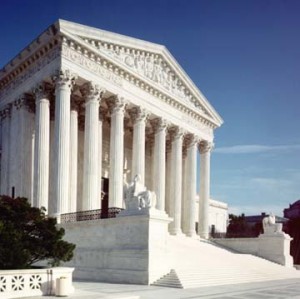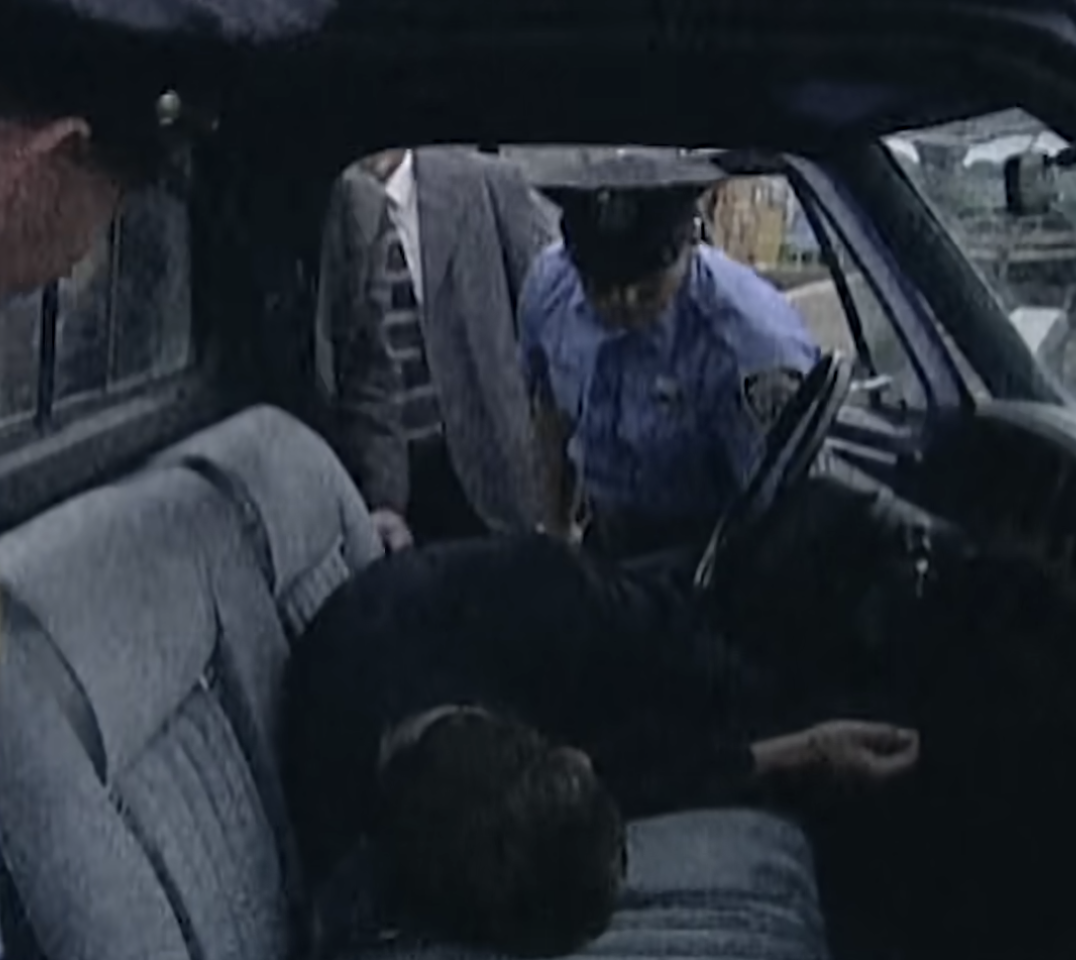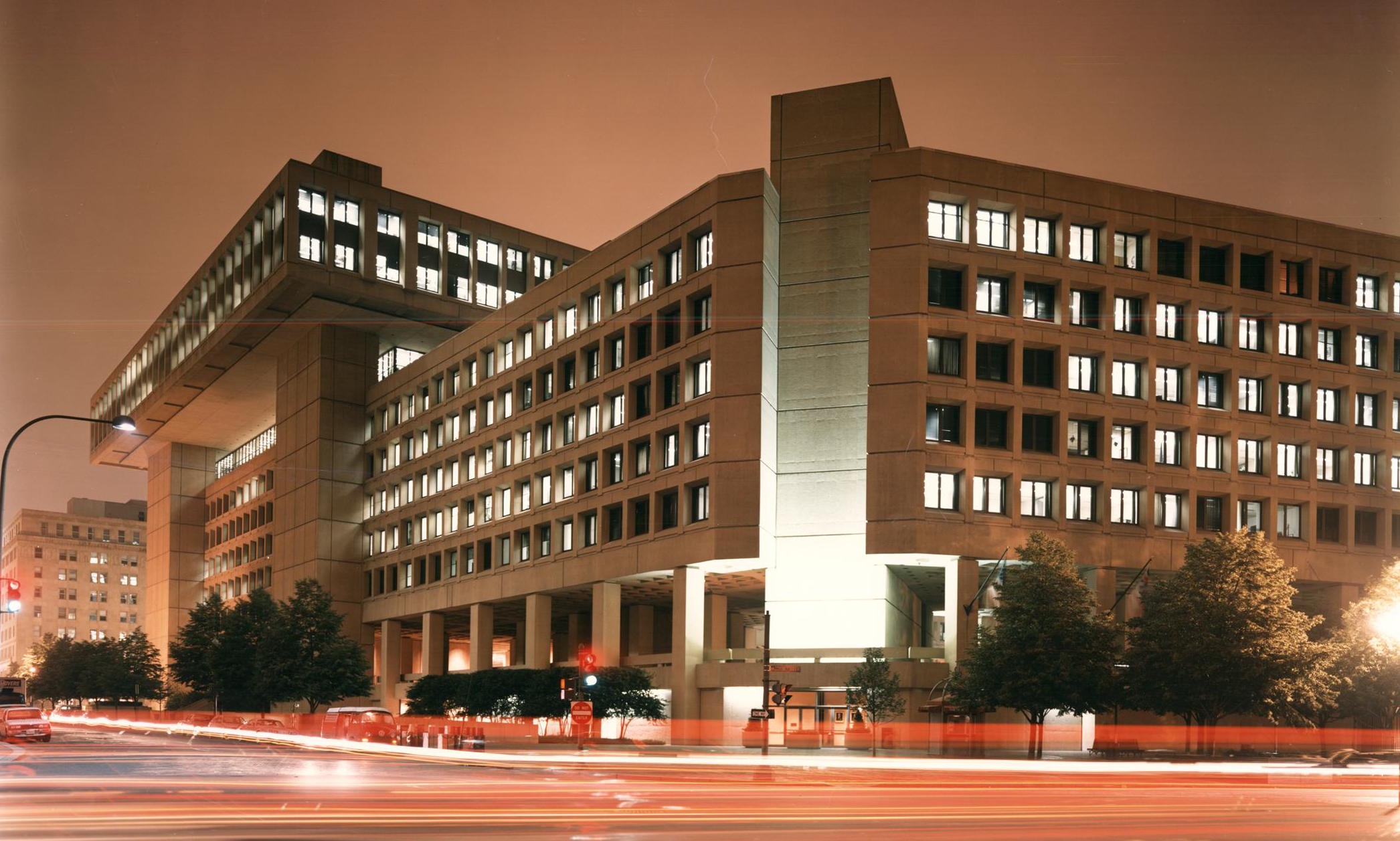 The ruling is a victory for law enforcement, and much to the disappointment of civil liberty groups, the Obama administration pushed for this outcome. The court narrowly approved the change in law. The dissenting judges feel the ruling further erodes the public trust in law enforcement.
The ruling is a victory for law enforcement, and much to the disappointment of civil liberty groups, the Obama administration pushed for this outcome. The court narrowly approved the change in law. The dissenting judges feel the ruling further erodes the public trust in law enforcement.
By JESSE J. HOLLAND
The Associated Press
WASHINGTON — The Supreme Court on Tuesday overturned a long-standing ruling that stopped police from initiating questions unless a defendant’s lawyer was present, a move that will make it easier for prosecutors to interrogate suspects.
The high court, in a 5-4 ruling, overturned the 1986 Michigan v. Jackson ruling, which said police may not initiate questioning of a defendant who has a lawyer or has asked for one unless the attorney is present. The Michigan ruling applied even to defendants who agreed to talk to the authorities without their lawyers.
The court’s conservatives overturned that opinion, with Justice Antonin Scalia saying “it was poorly reasoned.”
Under the Jackson opinion, police could not even ask a defendant who had been appointed a lawyer if he wanted to talk, Scalia said.





